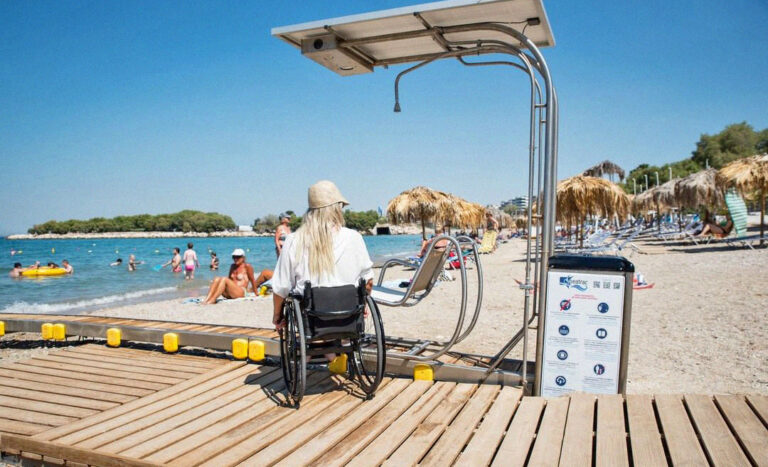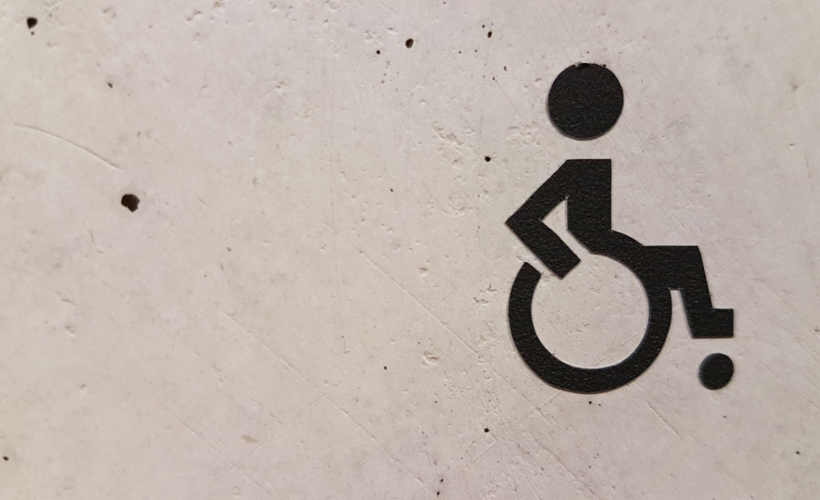Greece is taking accessibility to a whole new level by making over 280 of its stunning beaches wheelchair accessible! Now, everyone can enjoy the sun, sand, and surf without any barriers holding them back.
Situated in the Balkans, Greece has long been a go-to destination for beach enthusiasts. But until recently, wheelchair users faced challenges when it came to enjoying these natural wonders.
The Agia Triada Beach in Cyprus, the Barceloneta Beach in Spain, and the Torre Guaceto Beach in Italy are just a few examples of beaches where local governments, tourism boards, and individual hotels and clubs have taken efforts to improve accessibility. And Greece has stepped up too.
Making beaches more inclusive
The Greek islands are one of Europe’s most visited tourist spots, drawing in excess of 33 million visitors annually. Thanks to an ambitious initiative led by the Greek government, Greece’s tourism minister Vassilis Kikilias has unveiled a new programme to make 287 beaches across the islands entirely accessible to individuals with mobility problems — 220 of which will be ready for summer 2023.
Greece’s goal is to attract more disabled tourists to the country. The SEATRAC system, a fixed track mechanism with a remote-controlled chair that can be moved in and out of the water, will be installed as part of the project.
How does it work?
One installed, the SEATRAC device lowers individuals into the water while they sit in a chair along a movable track using a remote control. Users can exit the chair and swim in the water after entering the water thanks to a handrail.
In addition to rolling out SEATRAC, the company has also installed what it calls an ‘accessibility chain’ on all beaches where the technology is in use. This means that there will be accessible parking, pathways, changing rooms, restrooms, and covered places for people with disabilities to enjoy the beach.
Where else can disabled beachgoers enjoy themselves?
The system has already been deployed on beaches in Greece, Italy, Cyprus, and Latvia, with plans to expand into new markets in Croatia, Spain, the United Kingdom, the United Arab Emirates, the United States, and Turkiye this year. The system is also adaptable to other types of terrain, such as rocky shorelines.
The dedication of Greece to making its beaches wheelchair accessible serves as a wonderful model for other nations. It stresses the significance of making sure that people of varying physical capacities can enjoy the same natural and recreational settings as everyone else.



